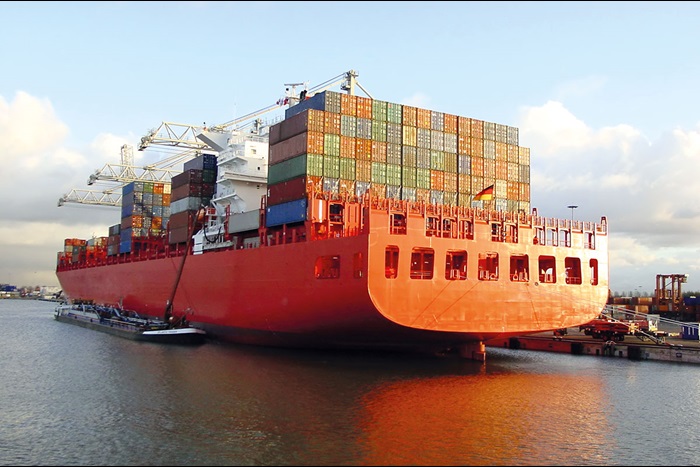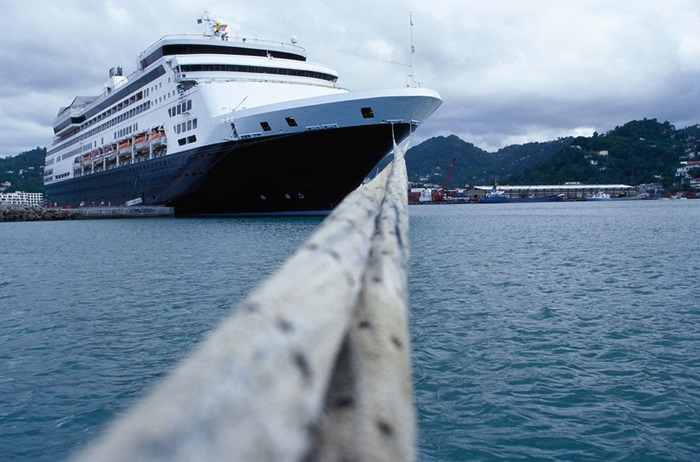Few traders in the global bunker market will meet the risk management criteria to be considered a strong and ethical counterparty
Ship owners and bunker traders can enjoy very successful direct relationships - in the right circumstances”
Among the critical elements of risk management in shipping is gaining a clear understanding of the counterparty in any commercial transaction. Dealing with a strong counterparty is the surest way to minimise exposure to potential dangers. And even though the importance of seeking out and working alongside strong partners has been underlined forcefully in the bunker sector in recent years, the risk management advice pertains across the wider industry.
Some interests suggest buyers should set up direct relationships with suppliers to avoid the dangers of unknown parties in the supply chain. Even so, bunker traders can continue to provide an alternative risk management strategy. The more engaged traders now offer direct physical supply in key ports, which enables buyers to deal with the trader to leverage their physical assets when the next destination is known or, if flexibility is required, to leverage the trader’s supply network and local knowledge of vetted/approved suppliers in more obscure ports.

Ship owners and bunker traders can enjoy very successful direct relationships - in the right circumstances. Where a ship owner operates a limited number of services in a regional or local market they can chose to deal with a global trader with local physical assets, who given their global scale can offer a long-standing credit line, thus a direct relationship via a trader may prove advantageous.
More often, bunker buyers will be fuelling ships that call at many ports. They are unlikely to build up rapport with suppliers and will usually be working with people they don't know. In this instance, a trusted intermediary who knows all the suppliers and the nuances of each market would step in to minimise risk. And just as buyers cannot know all the suppliers they deal with, suppliers cannot know all the buyers. Suppliers will understandably be reluctant to open credit lines to companies they do not know, especially on a one-off basis.
However, suppliers will be willing to deal with - and offer credit to - a trader with an established presence in the market, with the ability to combine the purchases of ship owning clients, and with a status as a secure financial counterparty for the supplier. Such a first-rank trader would take on the credit risk of the buyer and pay the supplier directly. Traders aggregate volumes, giving them significant buying power. As a major customer for many of the suppliers, traders can not only get credit, they can also secure favourable prices. Further, reputable traders offer a range of value added services, such as help with price risk management, claims management, and operations support outside hours.
In some cases, regional physical suppliers might only want to work with large customers that are likely to buy a significant amount of fuel or have lower credit risk. Traders can act as a go-between for buyers that cannot meet these criteria.

Recent events have shown that ship owners and suppliers still need bunker traders. As in any commercial transaction, there are key criteria to be considered when selecting a trader counterparty. They should demonstrate corporate financial strength and flexibility, and offer a transparent record of financial performance; they should be represented across several business sectors and exhibit proven industry expertise in each sector; and they should be able to optimise expenditure that goes beyond getting the best price. In addition, a strong counterparty must show business integrity with a focus on long-term relationships, and offer services including technical or claims management advice.
There are hundreds of traders in the global bunker market but few will meet the risk management criteria to be considered a strong counterparty. A trader should act as more than a link in the credit chain, it should facilitate communication between all the parties involved in the bunker business and where possible leverage their own physical supply assets, that's surely worth paying for.
WFS has created an in-depth report for the industry, Bunkerline: Strong Counterparty Marine White Paper, available here

